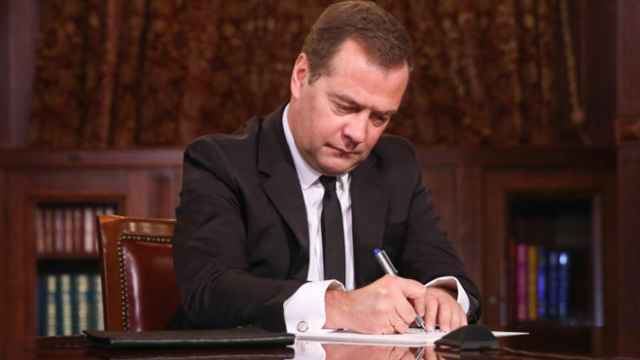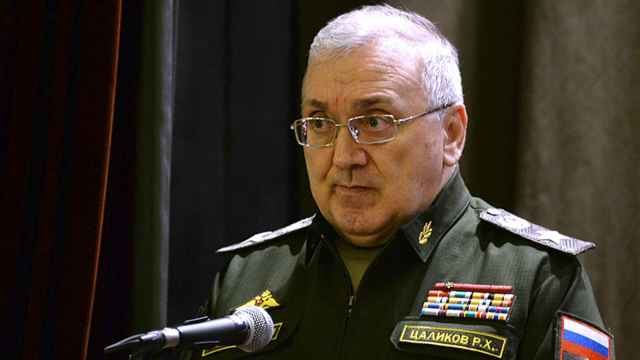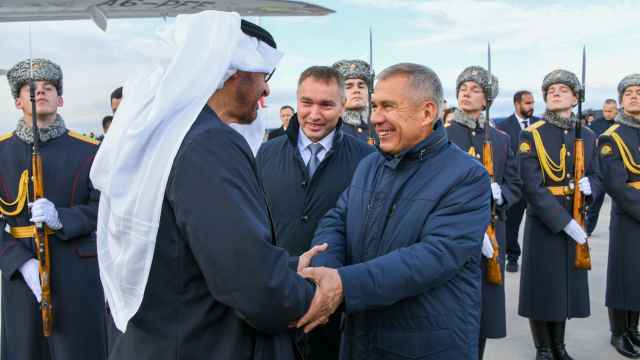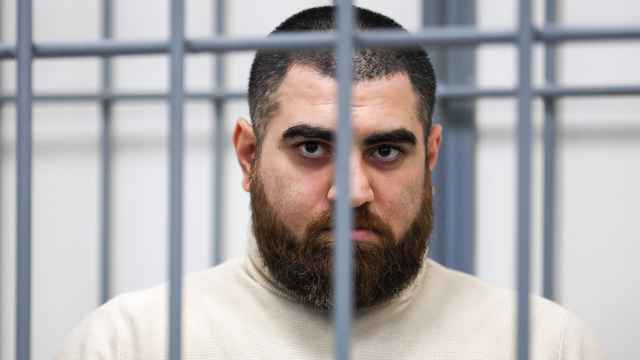Russians with foreign-currency mortgages have written an open letter to President Vladimir Putin seeking help with repayments that have soared because of the ruble's plunge, saying they were misled by banks.
The letter, published by the Vedomosti and Kommersant business newspapers on Monday, reflects discontent over the ruble's slide and accelerating inflation following the fall in global oil prices and Western sanctions over Ukraine.
"We are the first to feel the shock from the economic sanctions and political intrigues of the West," the letter read. "We are faced with answering to the banks with our lives for the risky way they run their profitable business."
The ruble has fallen about 50 percent against the U.S. dollar in the past year, pushing up the cost not only of imported goods but also of foreign-currency mortgages that were attractive because banks offered lower interest rates than on ruble-based mortgages.
Russia's Central Bank last month advised banks to convert foreign-currency mortgages into ruble-denominated ones at the exchange rate of the start of October to ease the stress on mortgage holders.
But in their letter, members of the All-Russian Movement of Foreign-Currency Mortgage Holders declared the move a "half-measure" and said the majority of banks were unlikely to follow the regulator's advice.
"Under such a means of recalculation, the remainder of the debt remains above the value of the property used as collateral, and the monthly payments remain unbearable for family budgets."
The letter did not put forward any concrete proposals but implied the government was partly responsible since it had promised to ensure economic and financial stability.
Publication of the letter follows several small-scale protests in central Moscow over foreign-currency mortgages.
The Kremlin has been wary of any signs of discontent since big protests in the winter of 2011-12 after a parliamentary election marred by accusations of fraud.
A Message from The Moscow Times:
Dear readers,
We are facing unprecedented challenges. Russia's Prosecutor General's Office has designated The Moscow Times as an "undesirable" organization, criminalizing our work and putting our staff at risk of prosecution. This follows our earlier unjust labeling as a "foreign agent."
These actions are direct attempts to silence independent journalism in Russia. The authorities claim our work "discredits the decisions of the Russian leadership." We see things differently: we strive to provide accurate, unbiased reporting on Russia.
We, the journalists of The Moscow Times, refuse to be silenced. But to continue our work, we need your help.
Your support, no matter how small, makes a world of difference. If you can, please support us monthly starting from just $2. It's quick to set up, and every contribution makes a significant impact.
By supporting The Moscow Times, you're defending open, independent journalism in the face of repression. Thank you for standing with us.
Remind me later.






